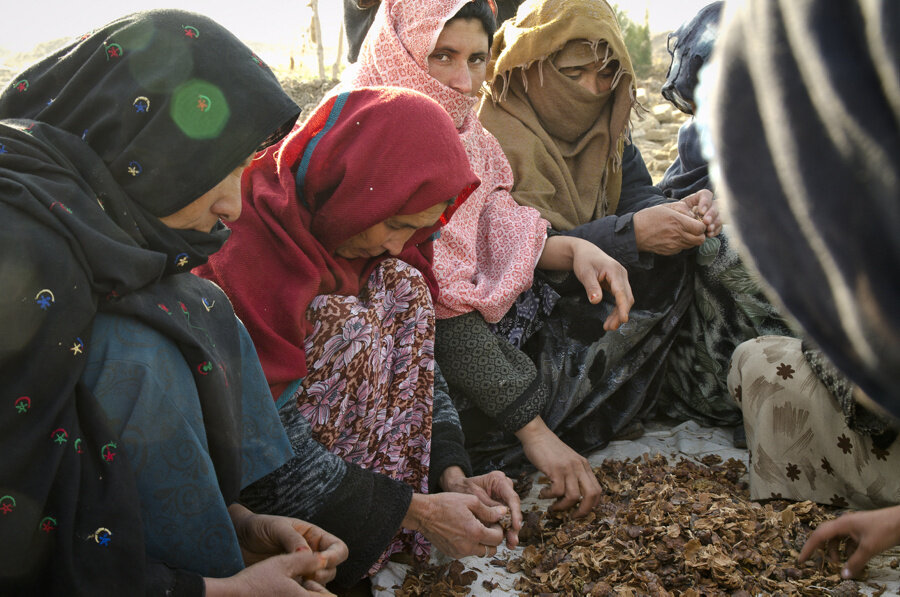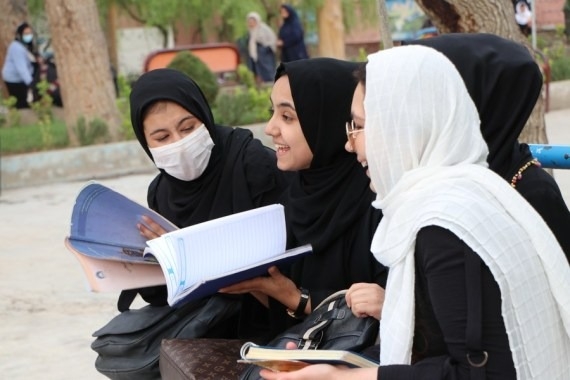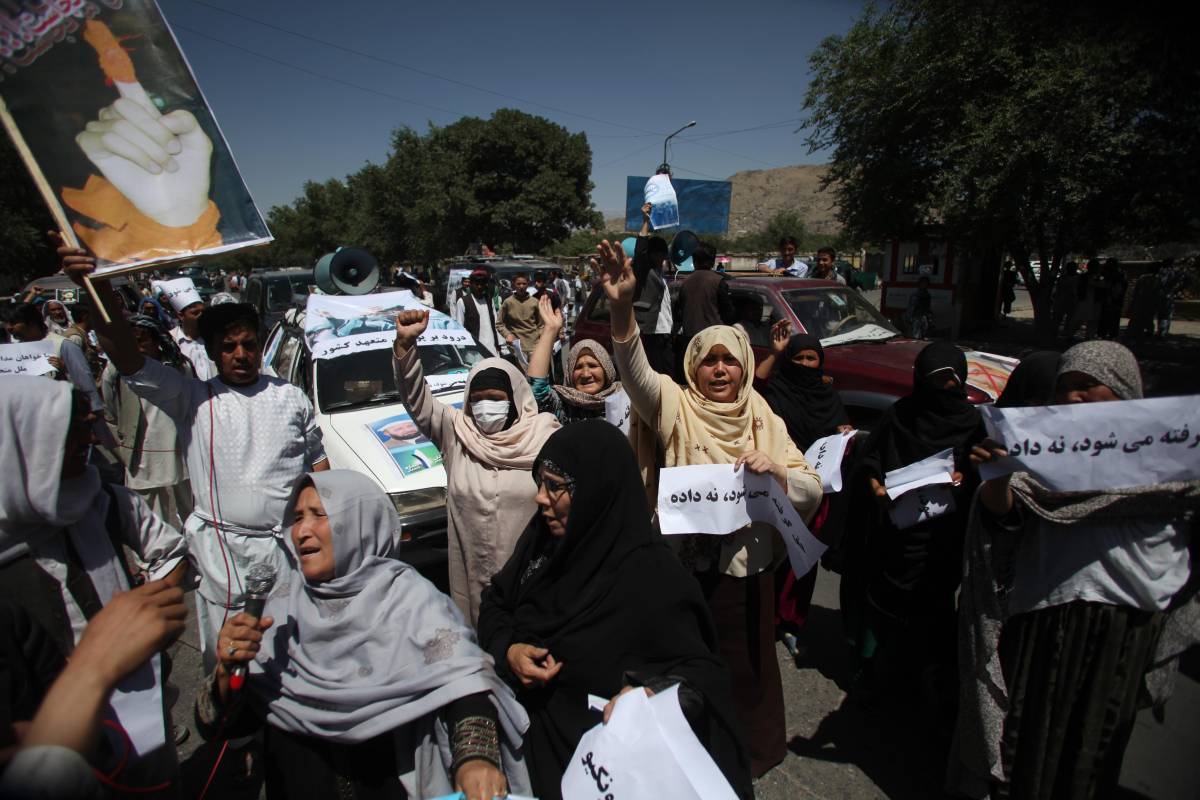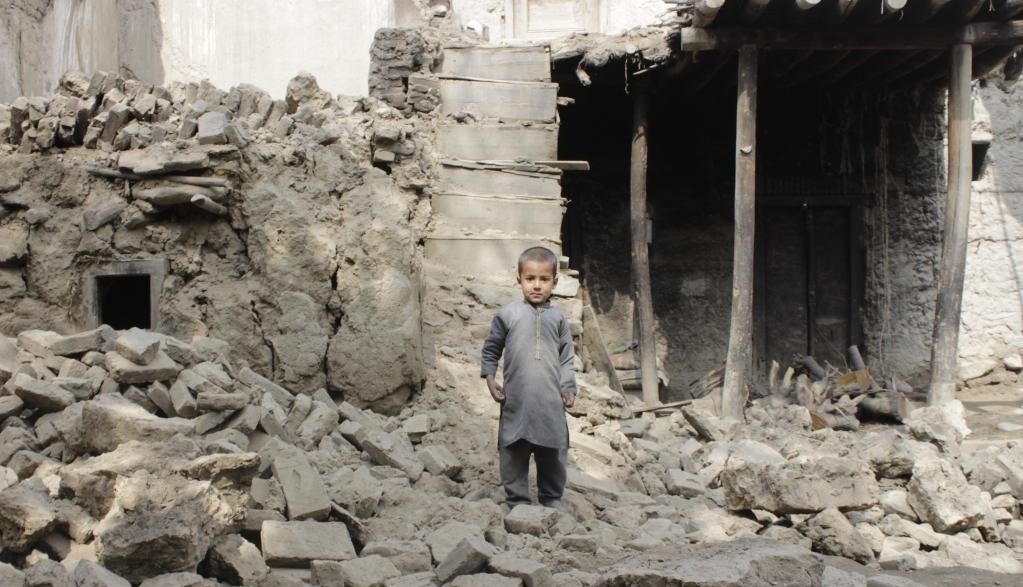After the Taliban seized control of Afghanistan on August 15, 2021, they immediately began rolling back the rights of women and girls….reports Asian Lite News
The Human Rights Watch (HRW) on Thursday released a new report detailing the mistreatment of Afghan women, who were wrongfully detained with their families for protesting Taliban abuses.
The New York-based rights group said the Afghan women were wrongfully detained with their families, including small children. They experienced threats, beatings, dangerous conditions of confinement, denial of due process, abusive conditions of release and other abuses.
According to the HRW, the authorities assaulted and administered electric shocks to detained male relatives. The women’s description of their experiences sheds light on the Taliban’s treatment of women protesters in custody and the Taliban’s efforts to silence the protest movement.
“It’s difficult to overstate the incredible bravery of these and other Afghan women who protest against Taliban abuses,” said Heather Barr, associate women’s rights director at Human Rights Watch. “These women’s stories show how deeply threatened the Taliban feel by their activities, and the brutal lengths the Taliban go to try to silence them.”
The Taliban had arbitrarily arrested the three women during a single raid on a safe house in Kabul in February 2022. The Taliban authorities held them and their family members for several weeks at the Interior Ministry in apparent retaliation for their involvement in planning and participating in women’s rights protests. After their release, they were able to flee the country.

After the Taliban seized control of Afghanistan on August 15, 2021, they immediately began rolling back the rights of women and girls. Women began to protest on the streets since Taliban’s first week in power, despite the grave risks they faced in doing so. By early September, women-led protests were taking place in Herat province in western Afghanistan and quickly spread across multiple provinces.
The HRW said the Taliban response was brutal from the beginning, beating protesters, disrupting protests, and detaining and torturing journalists covering the demonstrations. The Taliban also banned unauthorized protests. Over time, the Taliban’s abusive responses escalated, with a particularly brutal response to a protest on January 16 in Kabul, when Taliban members threatened, intimidated, and physically assaulted protesters, using pepper spray and electric shock devices.
Days later, the Taliban began conducting raids to arbitrarily detain women who had participated in protests. The Washington Post documented the Taliban’s arrests of 24 women’s rights activists, some taken with their families, in January and February.
Tamana Paryani, one of the first protesters to be arbitrarily detained under Taliban rule, filmed herself as the Taliban broke into her home at night searching for her, and then quickly posted the video on social media. The women interviewed said that Paryani’s abduction sent waves of fear through other protesters, causing many to go into hiding.

“I didn’t know them well, but I became afraid then,” one woman said, referring to Paryani and another woman arrested that night. “I woke up at night and all my body shook…. We were so afraid. We knew we would be arrested.” Another woman said family and friends repeatedly urged her to flee the country, but she refused: “I wanted to stay and fight.”
According to HRW, the three women described being held initially in a single cramped and stiflingly hot room with a total of 21 women and 7 children for five days, provided virtually no food or water or access to a toilet. The Taliban held them for several weeks, and abusively interrogated them, without allowing access to counsel or other due process rights, forcibly coerced confessions, and severely tortured the men.
The Taliban compelled the three women’s families to hand over the original deeds to their property as the price for release, with the threat that the Taliban would confiscate the property if the women got into trouble again, the rights group said.
The HRW said the Taliban should immediately release everyone detained for exercising their rights to free speech and peaceful protest. “They should respect the rights of all to peaceful assembly and free expression, including journalists covering protests. They should end all arbitrary detention, ensure due process, including promptly charging suspects in custody before an independent judge, and providing immediate access to counsel,” it added.
The prominent rights group said the Taliban should hold lawfully detained individuals in accordance with the UN Standard Minimum Rules for the Treatment of Prisoners. Anyone responsible for torture or other ill-treatment should be impartially investigated and appropriately prosecuted.
“Afghan women and girls have faced some of the harshest consequences of Taliban rule, and they have led the difficult fight to protect rights in Afghanistan,” Barr said. “Unfortunately, their pleas to the international community to stand by them have not been answered.” (ANI)














